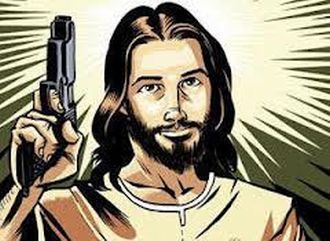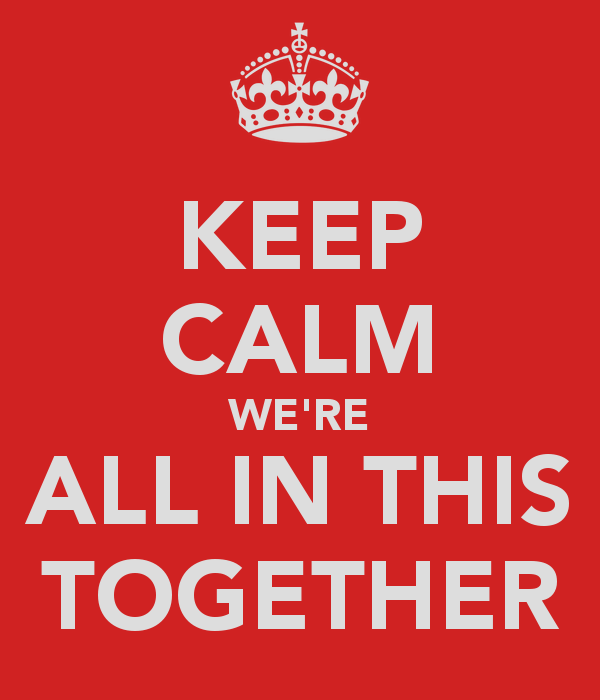Luke 21:25-36
Heads Held High
James Sledge November
29, 2015 – Advent 1
What
are the things that weigh heavily on you, that cause you to lose sleep at
night? I’ve read several articles talking about a growing fear of terrorist
attacks among Americans. And we’ve all seen this fear being aimed at Muslims.
Perhaps
your worries are more immediate, financial concerns. The economy is better than
it was a few years ago, but not for everyone. And in a region with the economy so
tied to the federal government, and with a largely dysfunctional Congress, who
knows when another sequester or other budget mess might arrive.
Or
maybe you’re concerned about getting into the college of your choice, graduating
from school, or getting a decent job when you do. What will you do if you don’t
get in? Or what if that job you’re hoping for doesn’t pan out? Or what if it
doesn’t pay enough to live on?
Perhaps
your worries and anxieties are of an entirely different sort. Health,
relationships, retirement, the environment, and many more possibilities can
leave people feeling anxious, burdened, and weighed down.
But
now comes the Christmas season, a time of year that is supposed to fill us with
joy and good cheer. Bathed in Christmas lights and feasting on a steady diet of
Christmas music and broadcasts of It’s a Wonderful Life, A Charlie Brown
Christmas, and Rudolph the Red-Nosed Reindeer, we can enjoy a respite from all our
worries.
I’m
sure this works for some folks, but for a lot of people, the holidays and
Christmas season just leaves them feeling more stressed out.
When
I lived in Columbus, Ohio, I volunteered and served on the board of a non-profit
that worked to help people dealing with mental illness lead productive lives. It
was staffed and run by people who themselves were living with various mental
illnesses. One happened to be a member of the church I served which is how I got
connected with them.
Most
every year as the Christmas season approached, the good folks at Partners in
Active Living would ask me to do a presentation on faith, mental health, and
the holidays. For a lot of clients at Partners, Christmas made them feel worse
rather than better. Most were living on limited incomes, and the focus on gifts
and buying only reminded them of that. For those dealing with depression, the
idea that they were supposed to be joyful and cheerful seemed like added
pressure. In addition, long years of struggle with mental illness had often frayed
family relationships and caused estrangements from parents, siblings, or
children. Christmas could be lonely.
For
a lot of the clients at Partners, the difficulties of day to day life were
enough to leave them feeling weary and heavily burdened. Christmas sometimes
felt like “piling on.”
I
was careful never to proselytize when I did my “Christmas and Mental Illness”
presentations, but I never pretended to be anything other than a pastor. A lot
of clients had religious baggage connected to their mental illness and family
estrangements. And so they often wanted to talk about faith with me.
A
revelation for me in these discussions was how relieved some were to hear that
our culture’s obsession with Christmas was neither biblical nor part of
Christian tradition for most of history, and how much some of them preferred
Advent to Christmas. In most congregations, people are itching to get to
Christmas. I was warned in seminary that if you don’t start singing Christmas
carols by the third Sunday in Advent you’re going to get yourself in trouble.
But many at Partners would have been happy to stay in Advent.







